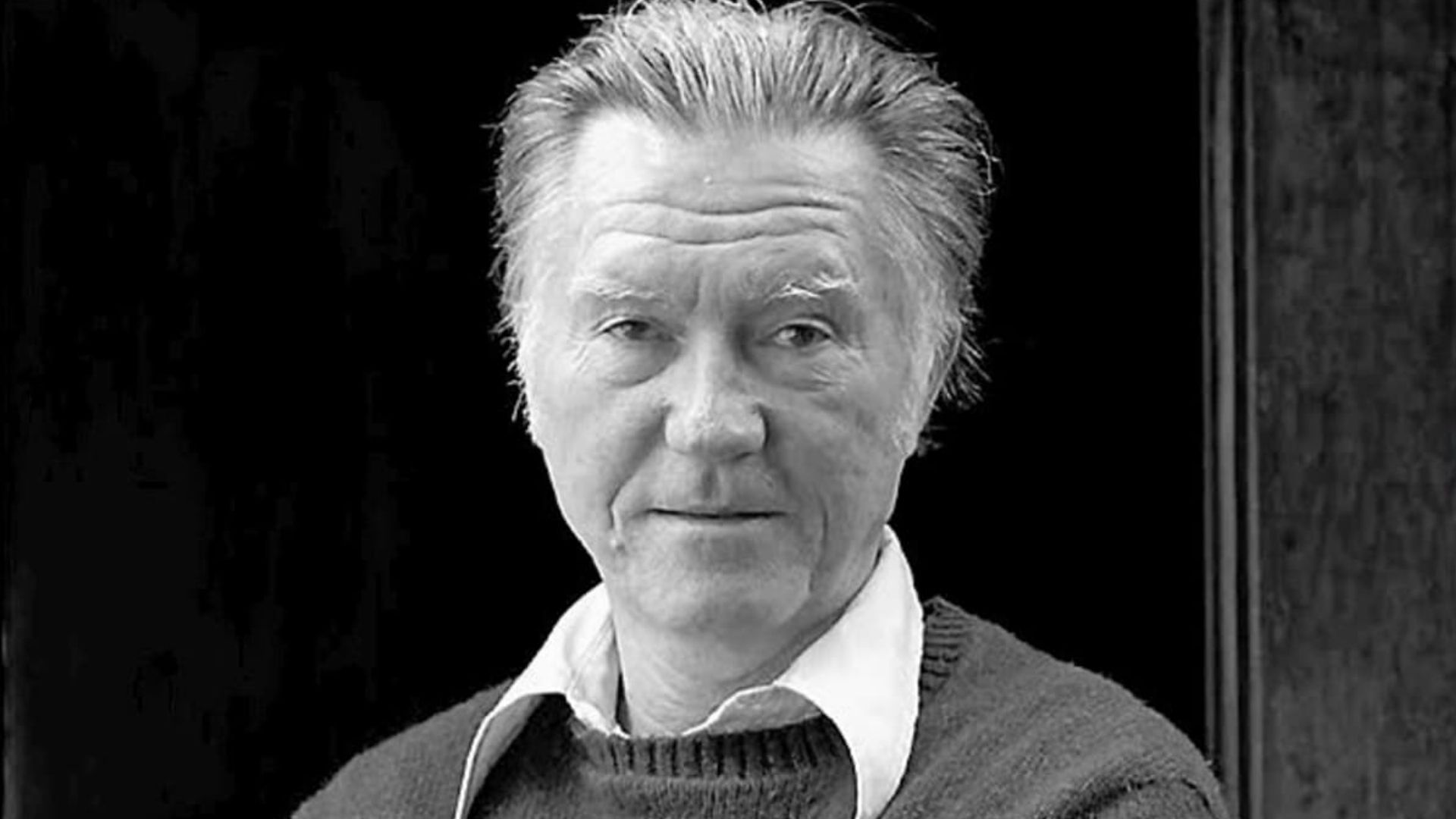Traveling Through The Dark Poem by William Stafford
Traveling Through The Dark
Traveling through the dark I found a deer
dead on the edge of the Wilson River road.
It is usually best to roll them into the canyon:
that road is narrow; to swerve might make more dead.
By glow of the tail-light I stumbled back of the car
and stood by the heap, a doe, a recent killing;
she had stiffened already, almost cold.
I dragged her off; she was large in the belly.
My fingers touching her side brought me the reason--
her side was warm; her fawn lay there waiting,
alive, still, never to be born.
Beside that mountain road I hesitated.
The car aimed ahead its lowered parking lights;
under the hood purred the steady engine.
I stood in the glare of the warm exhaust turning red;
around our group I could hear the wilderness listen.
I thought hard for us all--my only swerving--,
then pushed her over the edge into the river.
This is a very fine sonnet. Its 7 out of 10 'user rating' is a reflection on the readers, not the poem. I wonder how many readers even recognized that it is a sonnet. The half-rhymes and loose iambic give it a prosy surface without sacrificing the rhythm, which is perfect. Take the last line: 'Then pushed her over the edge into the river, ' exactly echoes the sense - with the first cluster of stressed syllables suggesting the pushing and the last, rushing syllables suggesting the release and fall. By the way, I wonder why the order to choose a number wasn't accompanied by any number. I couldn't vote! I'd have given it a 10.
It is very well written, but very sad. Were it I, I would have saved the yet unborn
I thought hard for us all- my only swerving- , then pushed her over the edge into the river. // beautiful poem penned
This poem has not been translated into any other language yet.
I would like to translate this poem
the speaker is having a moral dilema the poem is about nature and death and the sadness that comes with it